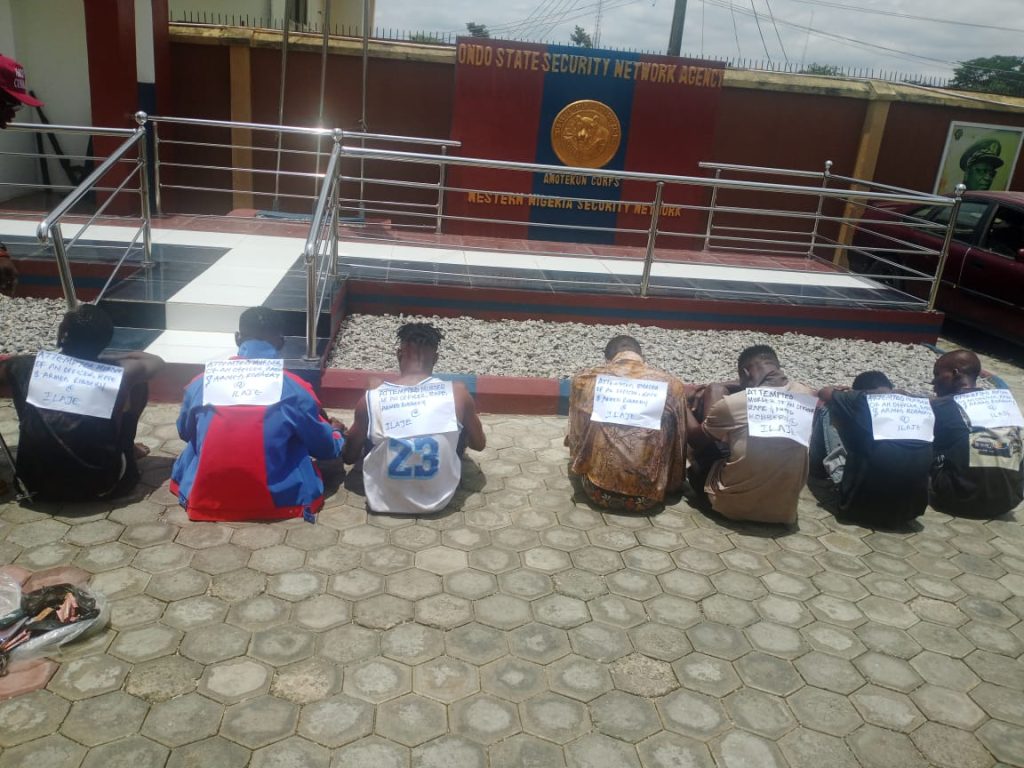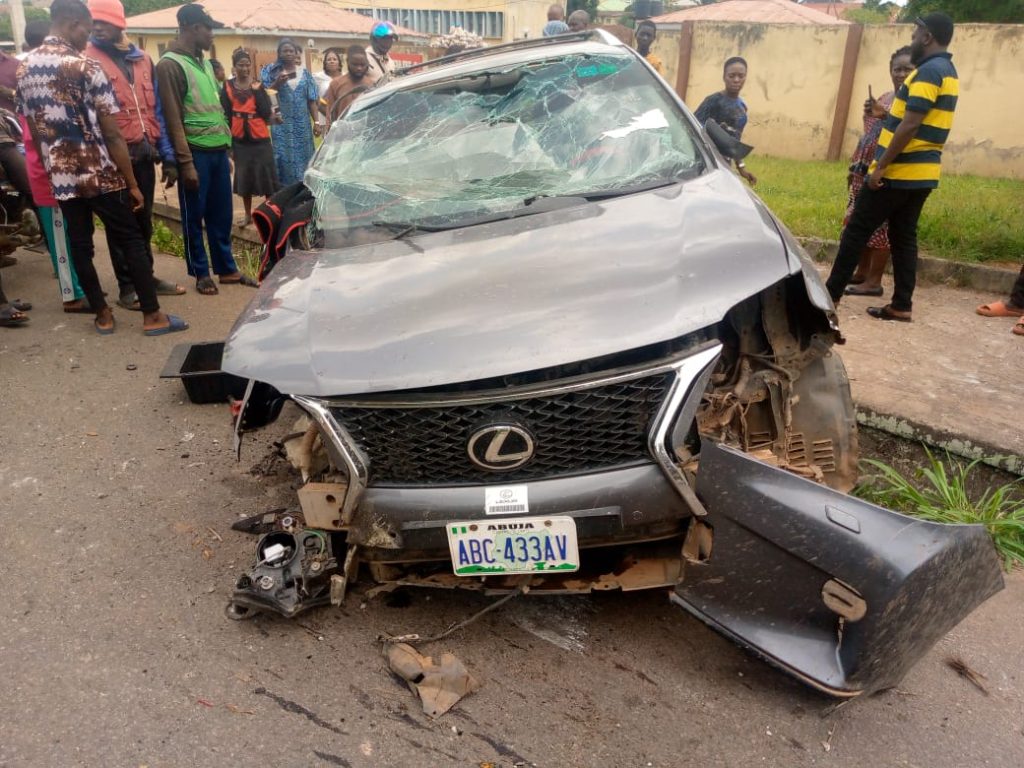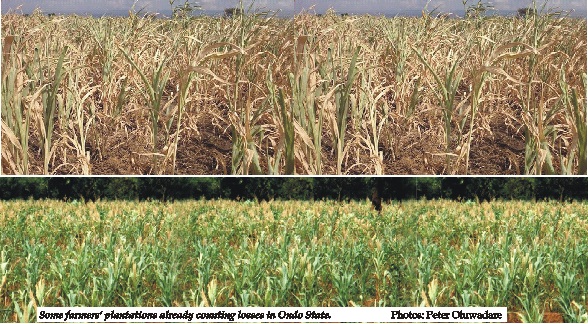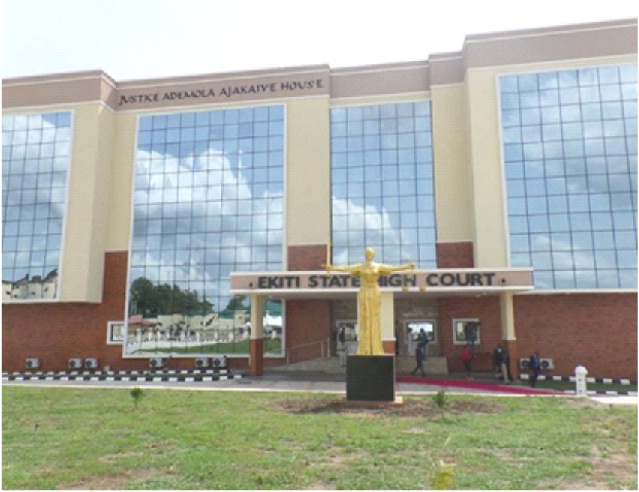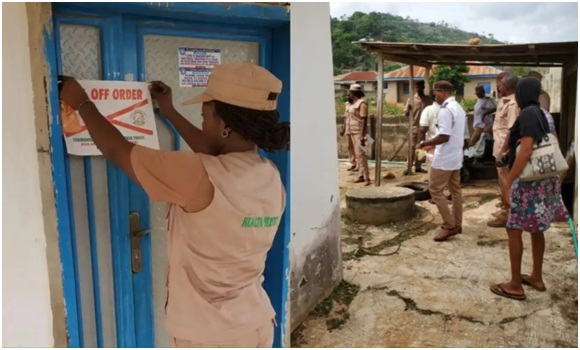Akure residents react to hike in fares
By Babatunde Ayedoju
|
Transportation is a service that one can hardly do without. One way or the other, everybody is involved in transportation everyday. It could be by air, rail, sea or land.
Specifically, when we talk of transportation by a good number of people cannot afford their own cars hence, the popularity of taxis, tricycles, called Keke Napep and commercial motorcycles, also known as Okada.
The recurring phenomenon in the transport industry is the hike in fares. Most of the time, it is attributed to increase in fuel pump price. In cases like that, once the fuel pump price drops, the fare will also drop. This also happens during festive periods.
Similarly, during the lockdown that was imposed last year by governments across Nigeria because of the corona virus pandemic, the cost of transportation also rose very high. Some drivers blamed this on the fact that they were compelled to reduce the number of passengers in their vehicles.
Towards the last quarter of 2020, the government relaxed the lockdown that was imposed on the citizens, because the pandemic subsided. Transporters were now able to convey their desired number of passengers. Consequently, the amount people paid for commercial transport went back to normal.
Unfortunately, it was not yet Uhuru for commuters. By the second week of February this year, on a Monday morning, Akure residents woke up to receive an unpalatable news. The cab fare had increased. Places that cost N50 previously is now N100. For example, a drop from Alagbaka to Oja-Oba which was N50 before is now N100. In short, the lowest amount a taxi driver in Akure will collect from a passenger is now N100, except in some rare occasions when the passenger is just lucky. In fact, from Alagbaka to Shasha, along Akure-Owo Expressway is now N200 and sometimes the drivers can be so firm that they will not listen to the pleas of the passengers.
A covert interaction with the taxi drivers by this water showed that the latest increase in taxi fares within Akure metropolis came because the leaders of the National Union of Road Transport Workers (NURTW) increased daily tickets from N300 to N700 and there is a task force moving round to ensure compliance among the drivers.
This did not come as good news for Akure residents, because many people did not see it coming when the month of February began. The Hope spoke with some people in the town on their views about the development.
Tosin Agbanimuga resident of Akure noted, “It isn’t really worth it. Akure doesn’t have the investment backing to have expensive hike in transportation.”
In the words of Mr Akin Ogunmola, another resident of Akure, “The recent hike in the price of cab drop is not in the interest of the masses. You can’t really blame the cab drivers because the NURTW increased the dues they pay daily, coupled with fuel price. However, the drivers are also taking undue advantage of the situation. For example, the cab drivers should still be able to convey passengers from cathedral to Oja Oba, and any other considerably short distance, for N50.”
Mr Gbenga Oyekunle a trade, said, “It affects me badly. Ordinarily, I spend N200 on transport daily, but now I spend N400. Sometimes, I even spend more. It’s very disheartening. Some of us are still struggling, trying to make ends meet. This is sad.”
In his own opinion, Mr Olumide Azeez noted, “The price hike in transport fares is a strain on the finances of the populace, considering a state like Ondo which is a predominantly civil service state, with sparse manufacturing industries, which implies many are dependent on the salaries paid by the government. These salaries are the basis of the cash flow in the state.
“This, coupled with a serious increase in the prices of food commodities, made the increase in fares rather difficult for most people. For me, my monthly budget for my daily commutes has increased by 40 percent, while my monthly intake as salary remains the same. That, by extension, puts a strain on my finances.”
Speaking in a similar vein, Paul Isah said, “By the recent hike in transport prices, it is obvious that transportation in Akure has become too expensive in a time like this when salaries are slashed into 50 recently, businesses are crumbling. It has made mobility difficult.”
Another resident, who simply gave his name as Daniel, had this to say, “Some people attribute it to an increase in fuel price but I think it has more to do with the increase in ticketing for the drivers by their union leaders. It’s too much and people are complaining.”
Olumide Azeez, a civil servant, opined that, “While the government might be thinking in terms of increasing Internally Generated Revenue (IGR) by increasing the ticketing of the taxis, the union of transport workers have also increased theirs. I believe the activities of these transport unionists is the reason behind the hike in fares both within Akure and interstate commutes. That means that if we would see a reduction in transport fares, the transport union must be regulated.”
Paul Isah said, “The way out is simple. The government should remove or reduce the tax on taxi drivers. Also, the charges by taxi drivers union should be suspended at a time like this. By that, it will be easy to afford the cost of transportation.”
According to the resident who simply gave his name as Daniel, “I think it’s only the government that can settle the Union issue. It is not a Private organization. Let the government get involved in it.”
Another resident, Seun Taiwo, who said It affected the transportation of feeds to his farms, said, “What should be done by the State government is to ensure that the price of tickets for drivers, and by extension the price of cab fare, is reduced. Mr Governor should host a meeting with the taxi union to that effect.”

